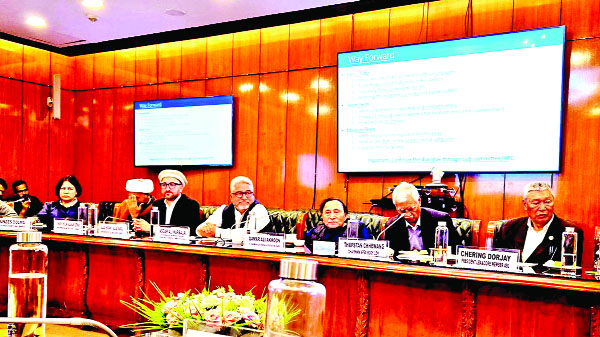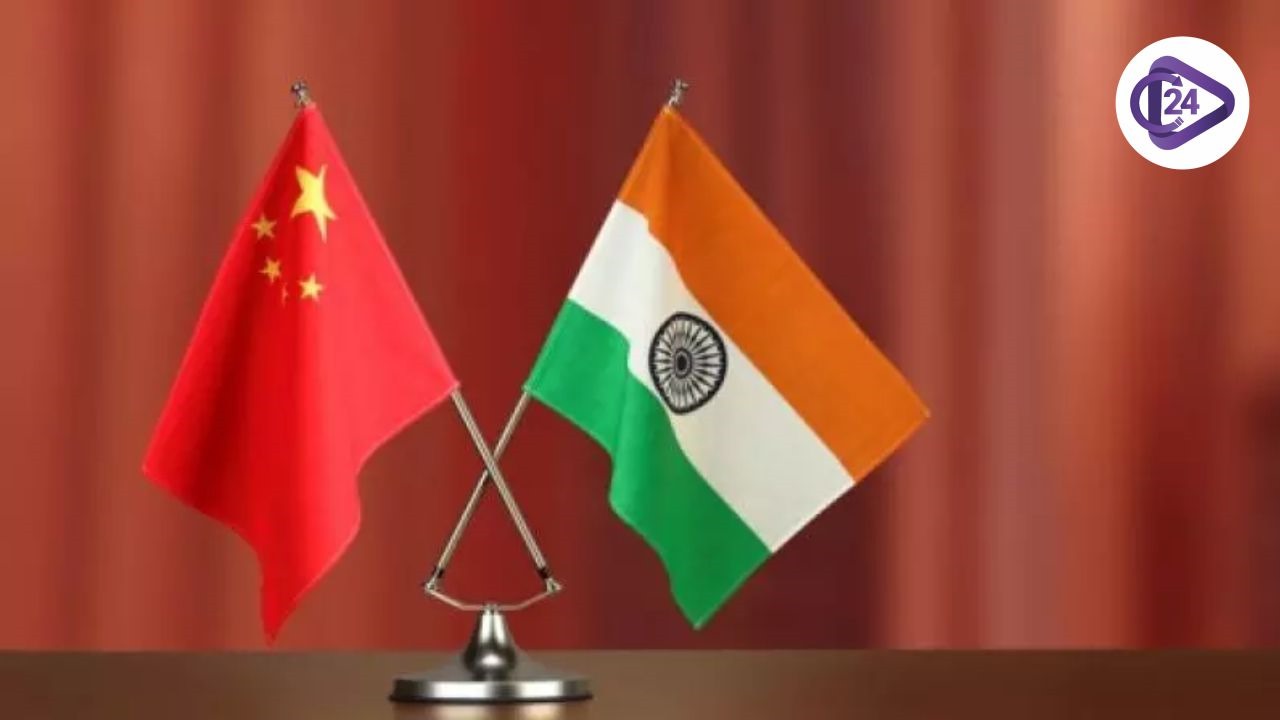
A recent high-powered committee (HPC) meeting that was conducted with Minister of State for Home Affairs, Nityanand Rai championing the meeting set out to discuss the development of Ladakh and at the end of the session, they were able to meet some of the crucial demands of the region. During the meeting, one found some of the most heated topics such as statehood, inclusion of the Sixth Schedule, the establishment of Public Service Commission, and environmental imbalance which continue to confront the people from Ladakh and Kargil for discussion. These discussions are expected to open up a possibility for fresh changes necessary in order to address the developmental requirements of Ladakh.
Key Outcomes from the HPC Meeting on Ladakh's Future
1. 95% Job Reservation for Locals: Government of the centre has decided to a historic 95% reservation in the government job for the people of Ladakh regarding the long prevailing problems of employment in the region. It is believed that such a decision will create many economic benefits for the inhabitants of this area and will strengthen the people’s authority.
2. One-Third Reservation for Women in Hill Councils: Contribution towards women’s rights, the government has sanctioned 33 percent woman’s reservation in both the Ladakh and Kargil Hill Councils. This measure will open the possibility of the women engagement in political and administrative decision making thus enhance their empowerment.
3. Inclusion of Urdu and Bhoti as Official Languages: In order to maintain the cultural identity of the people the state government acceded to make Urdu and Bhoti as official languages of the region of ladakh. Mr. Modi’s action will help introduce more culture and protect the traditions and languages of people living in Ladakh.
4. Increased Representation for Scheduled Tribes (STs): In terms of demographic proportion STs are important in terms of their demographic density in the region of Ladakh. The government has pledged to expand their presence in different fields as anticipation of fuller parity with other Canadians; to meet other earlier and later more vociferous calls for better placements in the government and bureaucracy.
5. Implementation of the Sixth Schedule: The proposal for Ladakh to be brought under the Sixth Schedule of the Indian Constitution was also deliberated with conviction on the floor of the meeting. The Sixth Schedule of the Indian constitution provides a measure for self-governance to tribal regions and its introduction has been planned to solve problems related to local governance and protect tribal’s identity.
6. Creation of New Districts for Improved Governance: To reduce bureaucratic hurdles and to ensure right implementation of polices the government has firmed up a proposal to bifurcate the existing districts into five new districts in the Union Territory of Ladakh. This will facilitate decentralisation of powers and enable regions in the society to fashion the kind of governance that fits them best since every region has its peculiar problems.
7. Establishment of a Public Service Commission and Parliamentary Representation: The creation of new PSC for Ladakh is one of the main demands that will be elaborated during the future meetings. Further to that, motions to provide Ladakh two Lok Sabha seats are planned as the people of this region demand more representatives in the Indian Parliament.
Steps After This and Future Discourse
On these critical matters of concern, the meeting agreed to pursue further a continuation of the talks on them, specifically set for January 15th. These discussion will define the finer details of how to take these decisions and policies into practice for the all round development of Ladakh. These components are expected to be transformative in Ladakh’s development journey as they are directed at decentralization of employment, political power, culture, and governance.
Therefore this meeting is a new turning point in political and economic development of the Ladakh that will bring the welfare for the inhabitants. In terms of political development the government objectives aimed at inclusiveness, employments and self-government will facilitate the overcoming of the regions’ development problems and establish the basis for sustainable development.



 Rising Burden of Non-Communicable Diseases (NCDs) in India
Rising Burden of Non-Communicable Diseases (NCDs) in India GenomeIndia Project: 180 Million Genetic Variants Discovered in Indian Population
GenomeIndia Project: 180 Million Genetic Variants Discovered in Indian Population Mising Community of Assam celebrates Ali Ai Ligang festival
Mising Community of Assam celebrates Ali Ai Ligang festival Breakthroughs in Alzheimer’s Disease Research: Hope for Effective Treatments
Breakthroughs in Alzheimer’s Disease Research: Hope for Effective Treatments India-China Trade Surplus Reaches $1 Trillion
India-China Trade Surplus Reaches $1 Trillion Gene Therapy for Hemophilia A: A Major Breakthrough in India
Gene Therapy for Hemophilia A: A Major Breakthrough in India India Australia ECTA Trade Investment Partnership
India Australia ECTA Trade Investment Partnership






